If you don't wish to worry about whether you're getting the right amount of vitamins during the fall season, then you should bet on the 3 healthiest fall vegetables, advise French nutrition experts.
The 1st of these is cabbage. According to the famous explorer James Cook, it is absolutely priceless, since it saved him from scurvy on several occasions. This was because of the high levels of vitamin C, which protects against cold and infections.
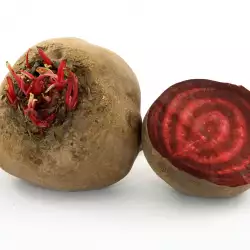
No matter how long it stays in the fridge, cabbage will not lose its vitamins, for it contains pure ascorbic acid. Cabbage leaves contain the rare vitamin U, which is beneficial against ulcers and gastritis.
Just 3.5 oz (100 g) of sauerkraut per day will provide your body with the necessary amount of vitamin C. Sauerkraut does not lose its vitamin C and is even healthier than fresh cabbage in this regard.
Next come beetroots. For years, Europeans would put the leaves of beetroots in their salads and throw out the root, which is actually the most delicious.
It contains a high amount of vitamins from the B group, which provide benefits for the nervous system, skin, hair and nails.
Beetroots also contain vitamin C, vitamin A, essential amino acids, zinc, iodine and iron.

When grated, beets are ideal for salad but are also incredibly delicious when boiled, peeled and cut into strips for garnish.
Further, the juice from boiled beets is a perfect substitute for nose drops, while the water in which the beets were boiled helps against burns and acne.
And the 3rd healthy fall vegetable is the pepper. A long time ago in Europe, peppers were grown in pots decoratively and years passed before they discovered that they were edible.
Peppers are rich in vitamins В, В2, РР, А and С, potassium, iodine, iron, zinc, phosphorus and magnesium. They increase appetite and are a wonderful prophylactic against blood clots.
Peppers also prevent atherosclerosis, because the vitamins P and C that are found in abundance in them break up cholesterol in the blood vessels.
Whenever eating a pepper salad, add more olive oil to it, because vitamin A is only absorbed by the body when combined with fats.
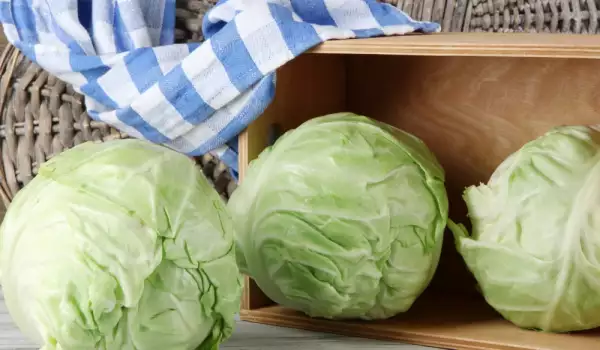
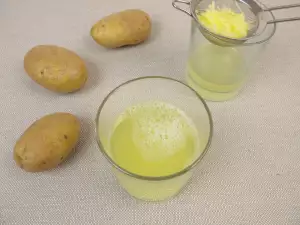
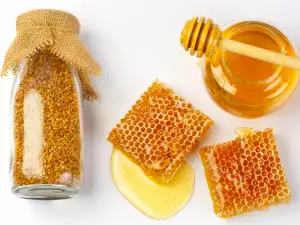
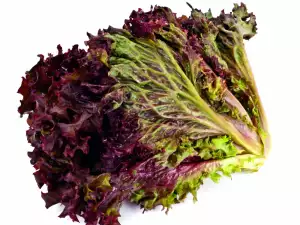

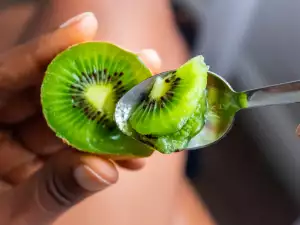
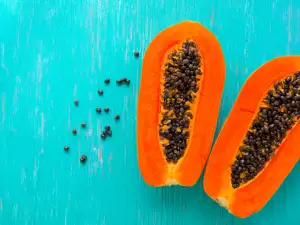
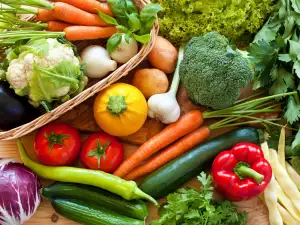
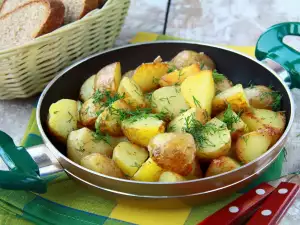


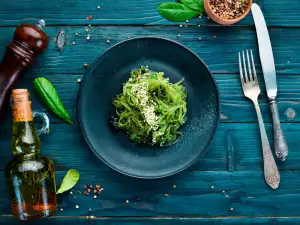
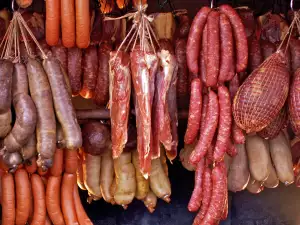
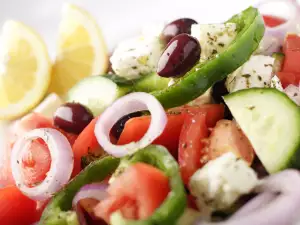

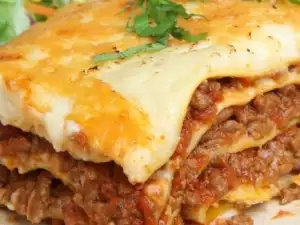




Comments